
As quarantine and social distancing wears on, one cancer survivor muses on the little things that have gone missing.

As quarantine and social distancing wears on, one cancer survivor muses on the little things that have gone missing.
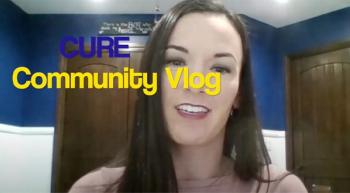
A three-year lung cancer survivor discusses the shock of her diagnosis, and the positivity that ensued in her everyday life.

Dealing with isolation is not new for widows and widowers who lost their spouses to cancer.

During cancer it's easy to let friends in the "outside world" fall to the wayside, but it's sometimes possible, and helpful, to foster those relationships.

Even with an injured trust in the world, it's important to remember the lessons that help us move through cancer and other life traumas amid the COVID-19 pandemic.

Thrivership and resilience are what we can gain from adversity and help us cope with change.
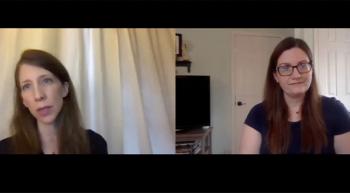
The adolescent and young adult cancer community is one that faces life-changing challenges at an age where this type of challenge is not expected, and it is now compounded by the COVID-19 pandemic. But there is a lifeline for AYA patients to not only cope, but thrive.

Cancer treatment has taught many survivors how to combat infection, a useful skill to adjusting life amid the COVID-19 pandemic.

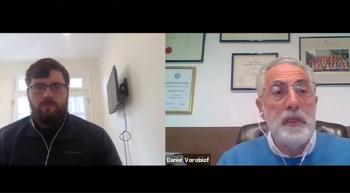
The COVID-19 pandemic has cut out many face-to-face interactions, and for patients with cancer that can also mean a loss of connection to expert advice. But the team behind the Belong.Life app is looking to bridge the gap patients face during social distancing.

Spring is still here, and the warmer weather can help you handle your cancer and COVID-19 related anxieties.


A guy with breast cancer has a simple suggestion for coping with stress.

For once, I'm noticing a new role of cancer in my life as the survival skills I've picked up are helping me persevere through a global pandemic.

The COVID-19 pandemic has brought a number of new challenges to patients with cancer, and one of them is reliving the isolation and anxiety that cancer brings.

A survivor talks about leaving the gate open and racing out of it when diagnosed with cancer.
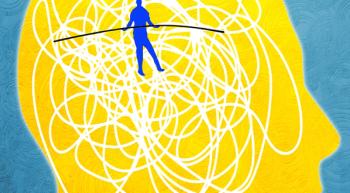
Patient advocacy group Facing Our Risk of Cancer Empowered addressed individuals with hereditary cancer syndromes to offer suggestions for decreasing anxiety and fear during the COVID-19 pandemic.
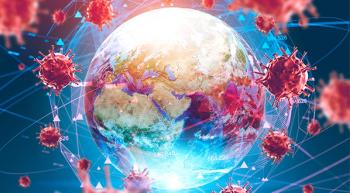

Practicing kindness can help survivors, patients and everyone else get through this pandemic together.
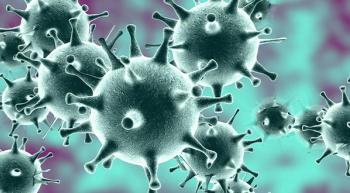
As the novel coronavirus outbreak begins impacting many facets of cancer care in the United States, it’s easy to have possibly missed some of the news surrounding COVID-19 and cancer. Here are four things that our readers may have missed.

Here are the top 5 stories from CURE® for March 2020.
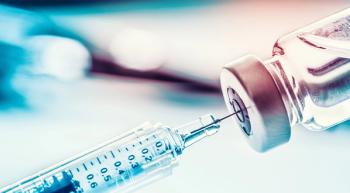
The development of an inpatient symptom monitoring intervention, according to researchers, may enhance awareness of patient symptom burden and improve symptom control and health care usage.

30 years after cancer treatment, one survivor returns to the Ronald McDonald House that made a major difference in their cancer journey.

While patients with cancer and survivors face extra risk due to the COVID-19 pandemic, they are more adept at handling the uncertainty and fear than one may think.

Dr. Shelley Johns, a researcher with the Indiana University Melvin and Bren Simon Comprehensive Cancer Center and Regenstrief Institute, offers advice on how survivors and patients with cancer can recognize and manage the stress they may be experiencing as a result of the COVID-19 pandemic.

Family is vital during the cancer journey, but family is not just made of legal and blood relatives, but the friends we make along the way as well.

Daily, we are learning more about ways to stay healthy during the COVID-19 pandemic. For the person affected by cancer, self-care can already play a vital role in healing and can now help during social distancing.

A friend's call to list all the good things people without cancer have done for those with cancer brings an unexpected rush of hope and happiness.

Health literacy is important for any patient with cancer trying to understand their diagnosis, and they need help from their care team to gain that.

Words are powerful and precious. And cancer survivors can use their stories and words of encouragement to help others as they go through their own journey with cancer.